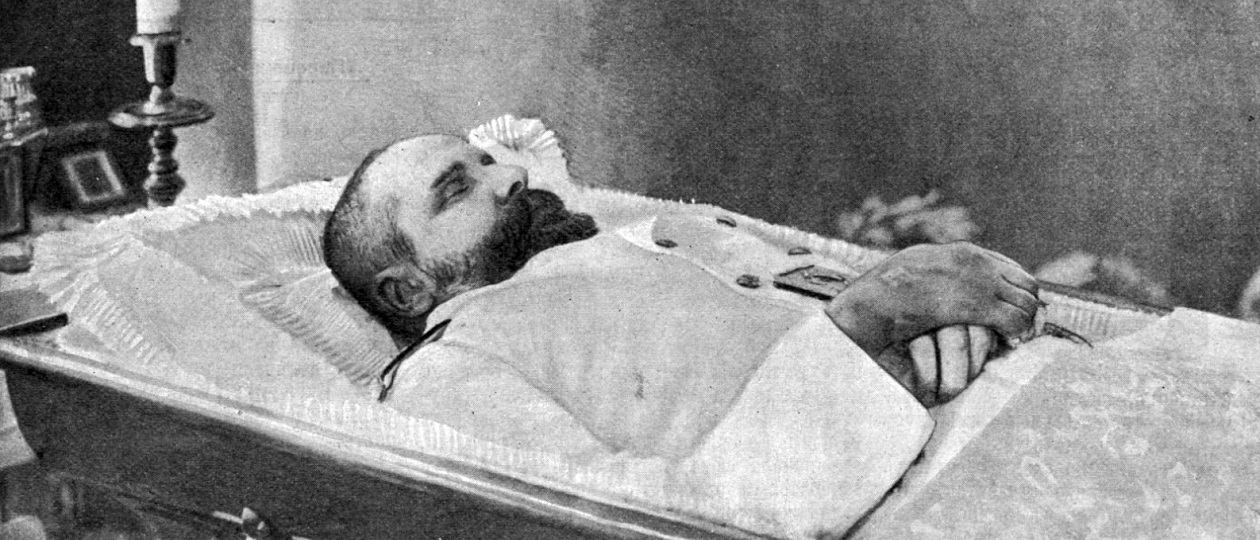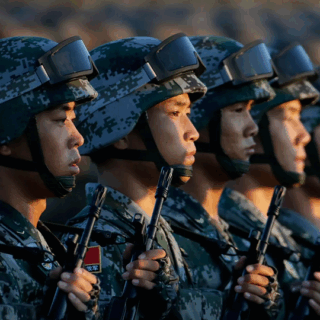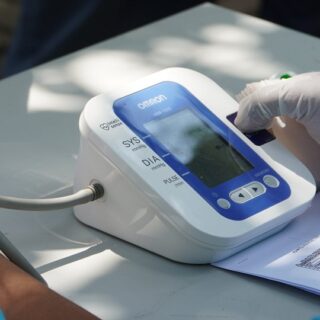
There are different ways of dividing the history of terrorism in Russia between 1866 and 1911.
In my last article, I suggested that one way to look at the history of political terrorism in the Russian Empire is to divide it into two main periods.
The period of the Great Known runs from 1879-1894. It is the history of the People’s Will (Народная Воля) whose members assassinated Tsar Alexander II on March 1, 1881.
The period of the Great Unknown lasted from 1901-1911. It is the history of the terrorists from many political parties and movements who killed or wounded about 17,000 people in this decade. [1]
In my academic articles, I argue that political terrorism in the Russian Empire passed through three stages with three non-active periods when terrorism was not used, but it never disappeared from the political agenda of revolutionaries.
This approach allows us to explore elements of continuity and change between the three stages of terrorism. The People’s Will, which dominated the second stage of terrorism, was the organic link between the first and second stages of terrorism.
Outbreaks of terrorism in Russia began April 4, 1866, with the attempted assassination of Tsar Alexander II by D.V.Karakozov, from the group <<Organization>> led by N.A.Ishutin and ended with the assassination of Prime Minister P.A.Stolypin by the revolutionary and police agent D.G.Bogrov.
Here is how the periodization — division of periods — of the history of terrorism in Russia can be constructed.
- The Beginning Stage (1866-1869): The main groups were <<Organization>> (Организация), with its inner circle <<Hell>> (Ад), led by N.A.Ishutin, and the <<People’s Vengeance>> (Народная расправа) led by S.G.Nechaev. The major terrorist acts were the attempted assassination of Alexander II by Ishutin’s cousin Dmitri Karakozov and the murder in November 1869 by Nechaev and several others of student I. I. Ivanov on suspicions of treason.
- The First Non–Active Period (1870-1878): This period is considered the blossoming of the movement of revolutionary populism with its culmination in the <<Going to the People>> in 1874. In 1876, the revolutionary organization <<Land and Freedom>> (Земля и воля) was Its members had a disorganizing group for the defense of revolutionaries against traitors, spies, and cruel officials. However, the group was already playing an independent role within the organization by 1878.
- The First Wave of Terrorism (1878-1894): This period started January 24, 1878, with the attempted assassination by Vera I. Zasulich of St. Petersburg Governor F.F.Trepov and her acquittal by a jury. Revolutionaries from <<Land and Freedom>> and other groups killed several officials and police spies. Beginning in 1879, the People’s Will became the dominant terrorist organization in Russia. Its most noteworthy terrorist act was the assassination of Tsar Alexander II. Almost all revolutionaries of the period considered themselves members of the People’s Will although the organization had been destroyed by 1884. All attempts between 1884-1894 to restore the People’s Will were unsuccessful, although revolutionaries were committed to using terrorism.
- The Second Non-Active Period (1894-1900): Many political parties and movements emerged, including the Party of Socialists Revolutionaries whose members considered themselves the heirs of the People’s Will. Many parties and movements discussed using terrorism as a means of political struggle.
- The Second Wave of Terrorism (1901-1911): This outbreak of terrorism was a crowed playing field of participants in terrorism, supporters, and opponents of terrorism. The wave of terrorism coincided with the Revolution of 1905-1907. All parties and movements across the spectrum had to determine their relationship with terrorism. Other types of violence took place alongside terrorism and sometimes intersected with it.
- The Third Non-Active Period (1911-1914): Socialists-Revolutionaries, anarchists, and Polish, Armenian, Latvian, and Finnish national parties tried to renew terrorist activity. [2, cc. 109-110)
With this type of periodization, we can trace the history of long-term and short-term trends contributing to terrorism in Russia. These trends include: the growing number of victims of terrorism, the increasing number of parties and movements using terrorism, the growing criminalization of many political movements through their support of terrorism. We can also observe how many members of different social strata were drawn into terrorist activity, the expansion of the aims of terrorism, the escalation of government measures against all revolutionary and oppositionist activity, the strengthening of the police system, the shrinking of the base of supporters of the government, the intersection of terrorism with other types of violence, a growing recognition by members of the government and political movement of the usefulness of terrorism as a means of attaining political goals, a growing approval by European and North American societies of Russian terrorism as a completely legitimate means of political struggle. [2, c.110]
However, we are still left with the question of why the Second Wave of Terrorism between 1901-1911 remains a Great Unknown.
Sources Used
- Rocchi, Tony. One Great Known and One Great Unknown — Terrorism in Russia https://commentathor.com/one-great-known-and-one-great-unknown-terrorism-in-russia/
- Рокки, Энтони Карл. Периодизация истории политического терроризма в Российской империи между 1866-1911: элементы преемственности и перемен (Periodization of the history of political terrorism in the Russian Empire between 1861-1911: elements of continuity and change). Гусевские чтения–2023. Три измерения политической истории России: идеология, политика, практика. Москва: ИКД «Зерцало-М»; МГПУ, 2023, сс. 108-124.





